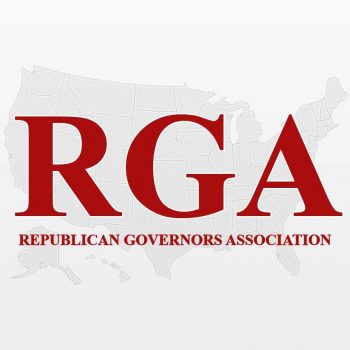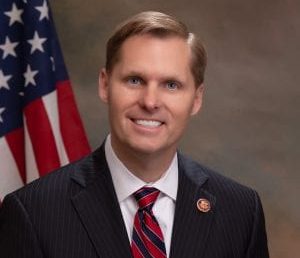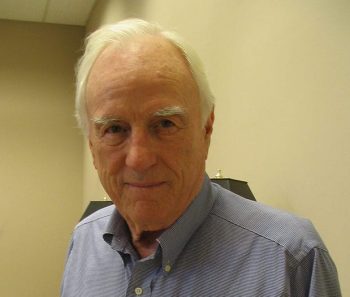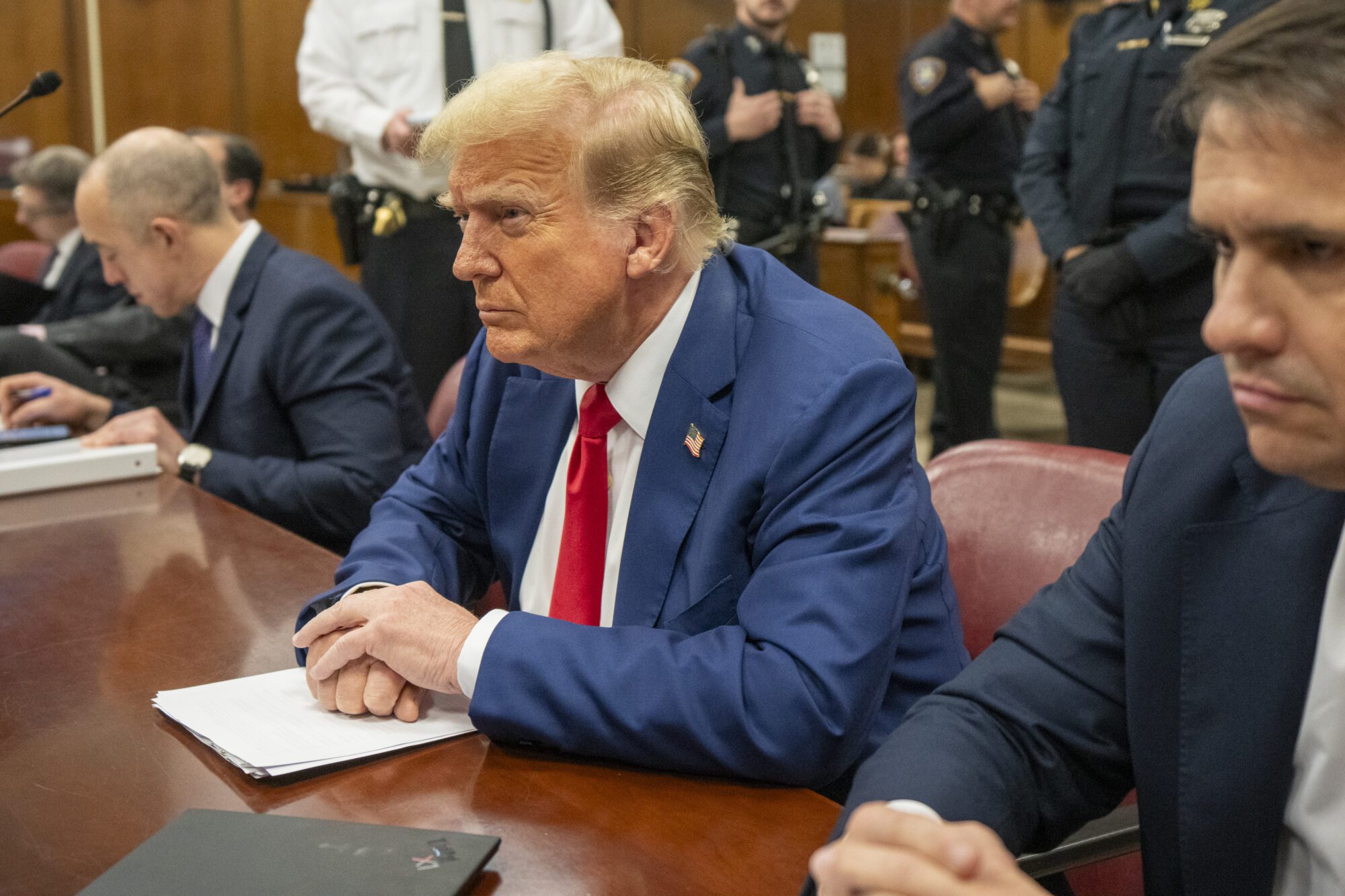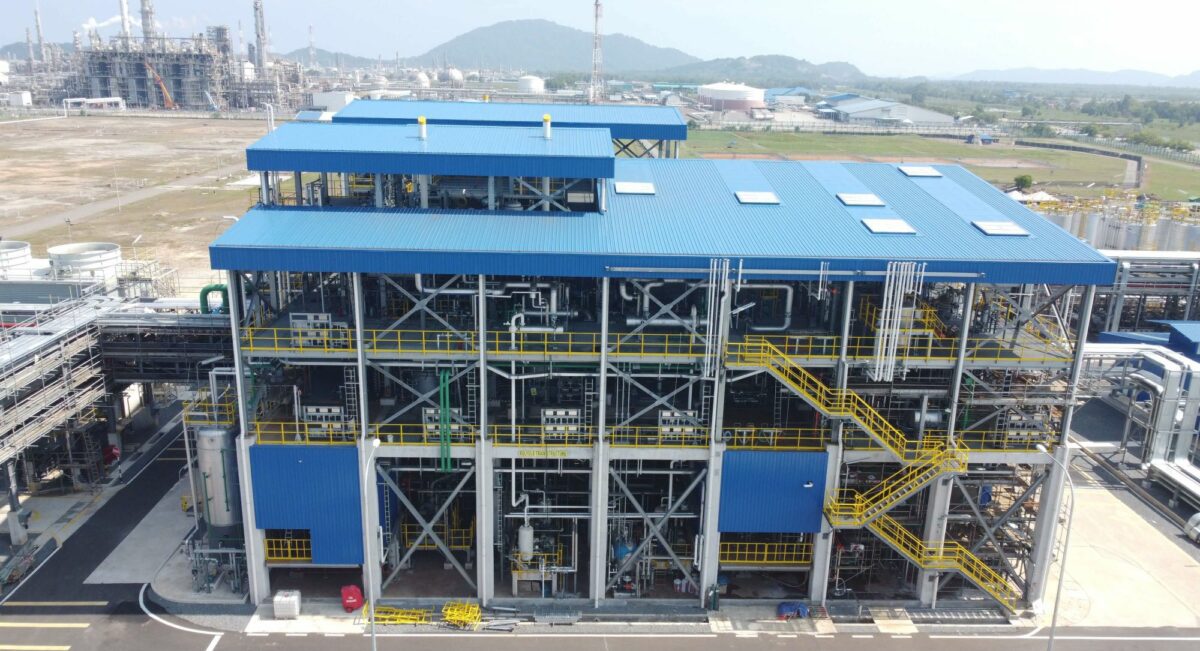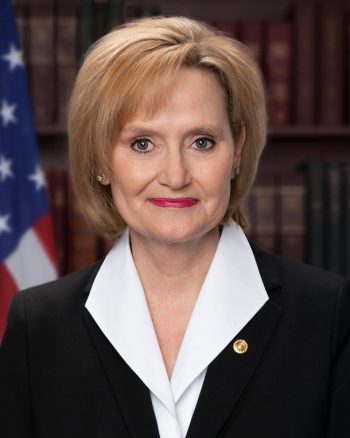
With the impending approval of COVID-19 vaccines in the United States, U.S. Senator Cindy Hyde-Smith (R-Miss.) today stressed the importance of distributing the vaccine to “rural and harder to reach communities.”
Hyde-Smith aired these concerns in remarks by Zoom to a Capitol Hill Steering Committee on Pandemic Preparedness and Health Security panel discussion on coronavirus vaccine policies. Hyde-Smith is a founding co-chair of the Steering Committee, which the Johns Hopkins Center for Health Security staffs and manages.
“I am particularly concerned about how to get this vaccine to every corner of the country, especially rural and harder to reach communities,” Hyde-Smith said. “Delivering the vaccine to Americans in rural areas will be difficult considering these areas have fewer healthcare providers, less healthcare infrastructure, longer travel times, more remote populations, and less reliable internet connectivity.”
Under the umbrella of the President’s Operation Warp Speed, vaccines developed by Pfizer and Moderna are in the last stages of approval by the Food and Drug Administration (FDA) for use throughout the nation. As early as next week, the Mississippi State Department of Health expects to receive an initial 25,000 doses of the Pfizer vaccine, the storage and distribution of which will challenge rural providers.
“I have spoken with Operation Warp Speed leadership about this issue, and I continue to urge HHS to ensure rural Americans have the same access to the vaccine as more urban areas,” Hyde-Smith said.
“Ultimately, success in this, like in so many things, will require close coordination between the federal government and our state governments. I came to the Senate from state government, so I have a special appreciation of how truly important that coordination is,” the Senator told the Steering Committee. “I have worked hand-in-hand with our state leaders in Mississippi throughout this pandemic, and that will continue as we work to ensure the vaccine is distributed to all areas of my state and our nation.”
Hyde-Smith and fellow co-chairs Senator Richard Burr (R-N.C.) and Bob Casey (D-Pa.) addressed the panel, which was one of the monthly Steering Committee events hosted to examine lessons from responses to natural, man-made, and other complex health emergencies, such as the COVID-19 pandemic, and how to better mitigate and respond to future health crises.
###
Release from Senator Cindy Hyde-Smith.



